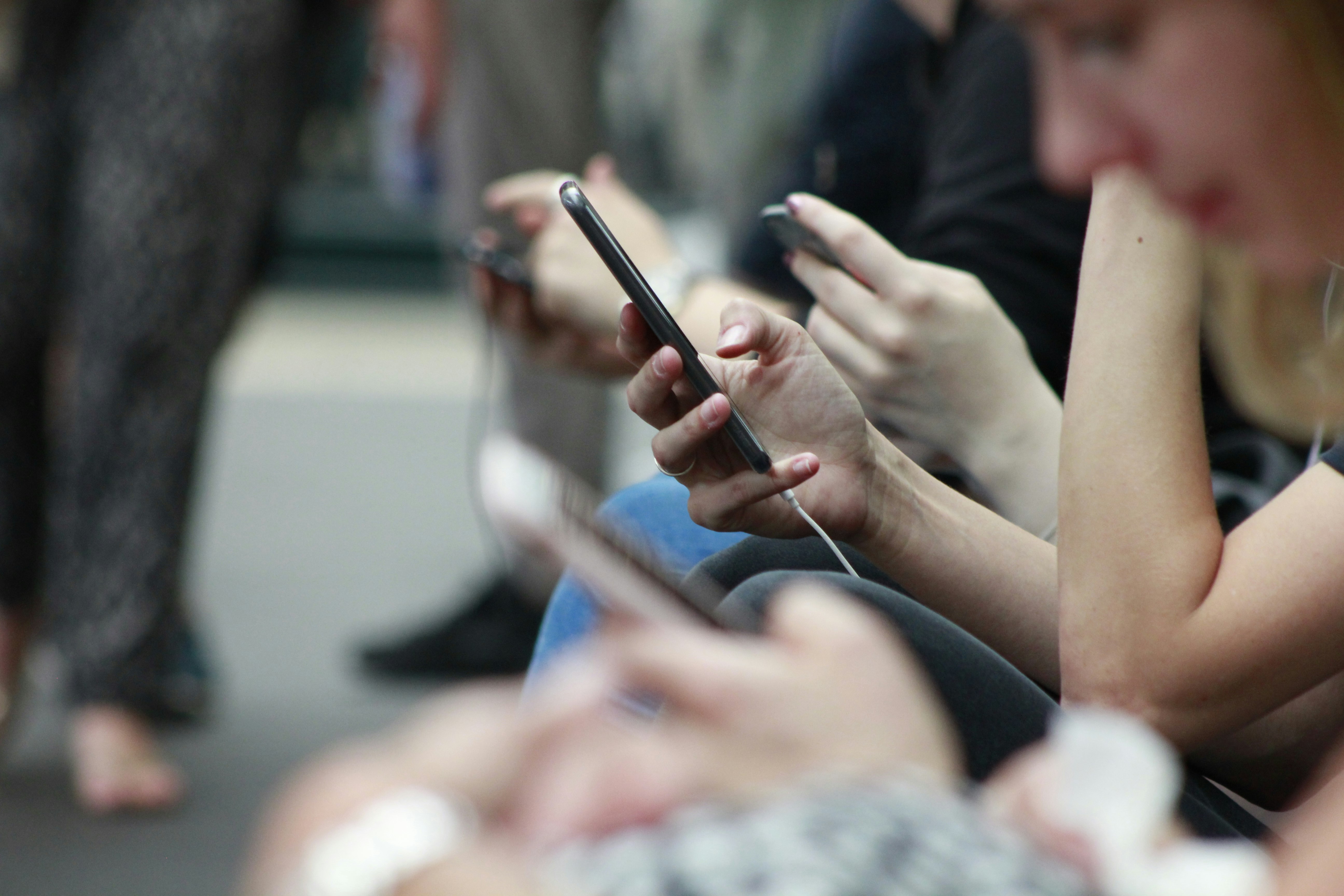Table of Contents
Property
Mobile phones bring the world to our fingertips; the news, social interaction, games, TV shows, movies, work emails. The capabilities are endless, and many of us are so accustomed to having them glued to us that the mere thought of forgetting it at home or losing it induces sheer panic.
Undoubtedly, they are an incredible invention for all kinds of reasons, including, the ability to Google whatever question pops into your head, call 911 in emergencies or as a rationale for distraction, but it can also be addictive and too much time on it can encourage laziness and boost unproductive habits.
For many of us, it’s effortless to pick up your phone while watching a TV show, lying in bed, working, or even sitting at a dinner table. Sometimes, hours pass while we scroll through Instagram or hop from app to app. We spend so long mindless browsing that we forget what we were meant to be doing in the first place; almost consumed by all their extraordinary features.
Maybe, instead of getting lost in your phone, you could actually be enjoying that TV show, having a real-life conversation with someone you care about or getting a restful night of sleep so you can wake up energized.
Real-life is happening all around you, and if you don’t put your phone down to recognize that, you will look back on your life and regret giving in to your phone’s compelling ways far too often.
So, what happens when you realize that with all the time you spend on your phone, you could be doing so much more? Well, the answer is easy – change.

If you know you need to get off your phone and back to a healthier reality, try incorporating better alternatives and follow these seven steps for guidance:
1. Set out hours specifically for mindless browsing
Allow yourself specific time gaps throughout the day to look at your phone. For example, during your lunch break, or for an hour or so while you’re sitting on the couch. This may be hard to stick to initially, but try your best to keep up with it, at least initially. Eventually, you’ll feel less of an urge to pick it up so often.
2. Put your phone in a different room
Try placing your phone in a different area of the house or put it in a purse or a backpack when at work. When it’s sitting right in front of you, the desire to grab it is much stronger. And if you’re worried you’ll miss important phone calls, notifications or messages, keep the sound on or change the notification settings, so the most important ones grab your attention.
3. Monitor your productivity
A lack of productivity is an unfortunate culprit of too much phone use. If this is affecting your work-life or promoting procrastination, it’s time to get a handle on your phone time. Most phones have tools within that show you the apps that you use the most and how many hours in a day you spend on them, such as Apple’s Screen Time feature, but there are also apps like TimeIvy which delicately inspires you to rework your productivity and assess your overall work-life balance.
4. Delete apps for a while
Removing apps that you use too frequently can help you kick that addictive tendency. So, if Instagram scrolling is taking up most of your day, try deleting the app for a few weeks and see how that impacts your motivation and personal relationships.
5. Give yourself a challenge
Challenging yourself can be a great first step to limiting phone use. When we task ourselves with something, we arrange a deal with ourselves, one that we feel obliged to adhere to.
You can try things like:
- Not using your phone to browse until 5:00 pm
- Putting your phone away as soon as you go to bed
- Limiting the time that you use on an app (ie. If you use 30 minutes a day on Facebook, allow yourself 15 minutes)
6. Learn when enough is enough
Train yourself to be more aware of your phone time and learn when it’s necessary to change it. The more conscious you are, the more likely you are to do something about it. And when you see other parts of your life failing to pick up speed, look at where most of your time is going. Is that going to benefit you in the long run?
Changing your phone habits all begins with changing your mindset and detaching your brain from overusing that shiny little thing we call a mobile phone. Sure, we need it for all kinds of reasons in modern society, but we don’t need it to overtake us or to distract us from important tasks.
There is no use feeling guilt for the time you spend on it though; however, it can certainly help to understand that you could be missing out on all the best parts of life, all because you can’t take your eyes off your screen. So, if anything, task yourself with being more present, get out of your comfort zone and evolve into the best version of yourself.


